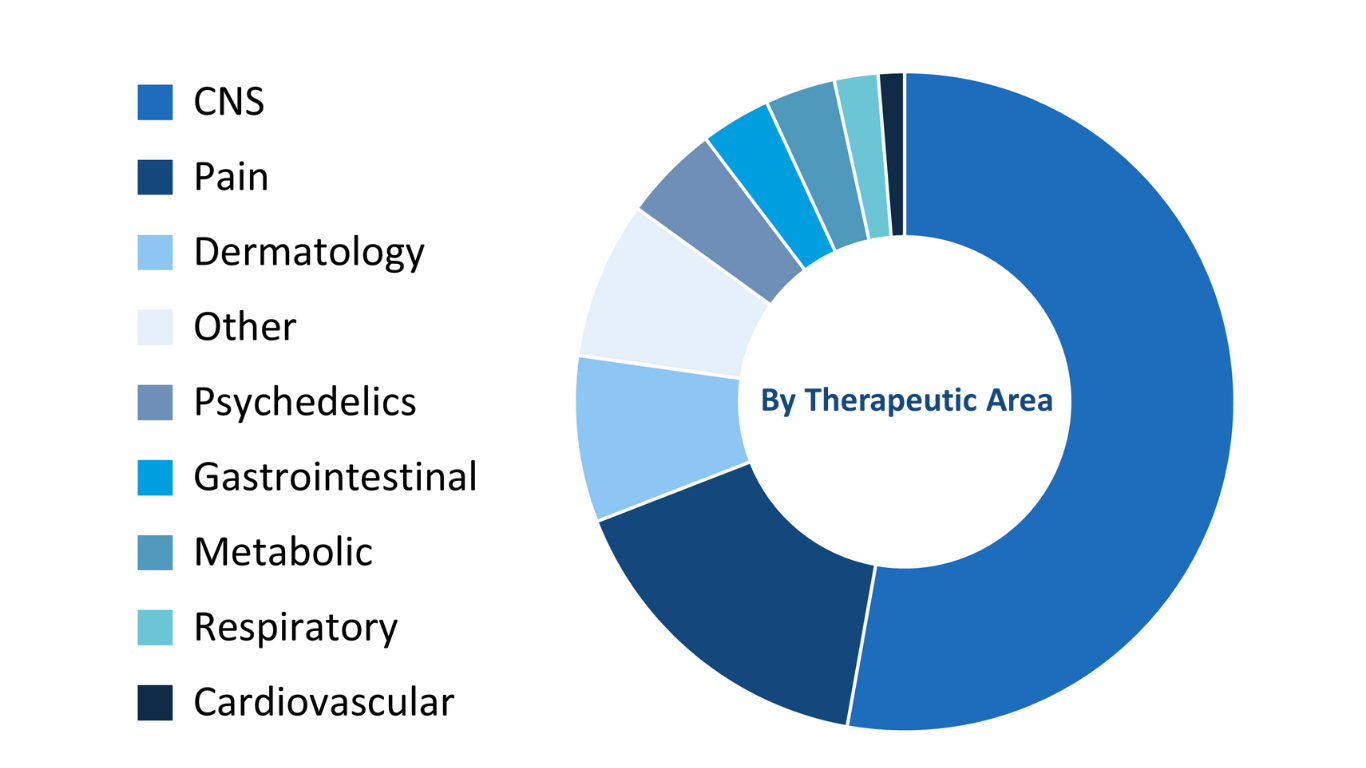With insight from Dr Abiramy Yogendran
Menopause is a natural biological process that marks the end of a woman’s reproductive years and typically occurs, when considering geographic and ethnic variation, at around age 49*. Women go through various physical and hormonal changes during this transitional phase and, while menopause is a universal experience, its impact on women’s lives can vary significantly.

Dr Abiramy Yogendran, a Clinical Research physician at MAC, explains:
“The average woman will spend the last third of her lifetime in menopause, experiencing a range of vasomotor and genitourinary symptoms, affecting mood and libido, as well as having an impact on cardiovascular disease and cognitive dysfunction. Despite this, however, there is huge variation in physician education and comfort with the management of patients struggling with menopausal symptoms. Future research in this field is vital in order to improve clinician knowledge as well as to make the latest evidence-based treatments available to patients.”
In recent years there has been a marked increase in menopause research aimed at better understanding this complex phase and developing strategies to help ease the transition into menopause for women.
Menopause is characterised by the cessation of menstrual periods which signifies the end of a woman’s fertility. The transition leading up to menopause, known as perimenopause, can span several years and is marked by irregular menstrual cycles and a fluctuation in hormone levels, in particular estrogen and progesterone. These hormonal changes can lead to a range of symptoms including hot flashes, night sweats, mood swings, sexual dysfunction and sleep disturbances.
Understanding the hormonal fluctuations during menopause is crucial for developing effective interventions to manage symptoms. Estrogen, a key reproductive hormone, plays a central role in regulating various bodily functions. As estrogen levels decline during menopause, women may experience changes in bone density, cardiovascular health and overall well-being.
The field of menopause research has experienced significant advancements in recent years which has been driven by a growing recognition of the need to address the diverse challenges women face during this transitional phase. Researchers are exploring innovative approaches to better understand the physiological and psychological aspects of menopause and pave the way for improved treatment options and personalised care.
Hormone replacement therapy (HRT), which involves supplementing the body with estrogen and sometimes progesterone, has been a traditional approach to manage menopausal symptoms. An estimated one million women in the UK use hormone replacement therapy to manage their symptoms**. Ongoing research aims to refine and individualise HRT to minimise potential risks and maximise benefits with new formulations and delivery methods being explored to enhance the safety and efficacy of hormone therapy.
Recognising that hormone therapy may not be suitable for all women, researchers are investigating non-hormonal interventions to alleviate menopausal symptoms. Approximately 51% of women use complementary and alternative medicine and more than 60% perceive it to be effective for menopausal symptoms***. Lifestyle modifications, dietary changes and alternative therapies such as acupuncture, herbal remedies and cognitive-behavioural therapy are all being studied for their potential in managing symptoms such as hot flashes and mood swings.
Menopause is associated with an increased risk of cardiovascular diseases and bone loss. Researchers are investigating the connection between hormonal changes and these health outcomes and seek interventions that not only alleviate menopausal symptoms but also promote long-term cardiovascular and skeletal health.
Menopause can also have a significant impact on mental health and research is underway to explore the links between hormonal fluctuations and mood disorders. Understanding the psychological aspects of menopause is crucial for developing interventions that address not only the physical symptoms but also the emotional well-being of women during this life stage.It has been observed that 68–80% of women taking HRT reported improvements in mood symptoms compared to 20–22% of those taking placebo****.
Menopause is a natural phase in a woman’s life but the challenges it poses are unique and complex. Advances in menopause research are bringing the complexities of this transition to the forefront and offer hope for improved quality of life for women entering this stage.
At MAC Clinical Research we recognise and celebrate the transformative phase of menopause. We take pride in supporting our incredible team by offering a supportive and inclusive workplace environment that recognises the challenges menopause may bring.
With extensive capabilities and experience in women’s health research, including three studies relating to menopause in recent years, we are committed to advancing knowledge and providing innovative treatment options. Sexual dysfunction among post-menopausal women is an overlooked aspect of women’s health but MAC has an upcoming innovative study that will explore this dysfunction and provide hope to those who suffer from it.
If you would like to speak to us about our experience in this area, or if you would like to know more about our services for a study, contact us here.
Sources:
*Meno Martha – International Menopause Directory (2023)
**National Library of Medicine (2022)











